Hard line on China rattles Lithuania’s allies
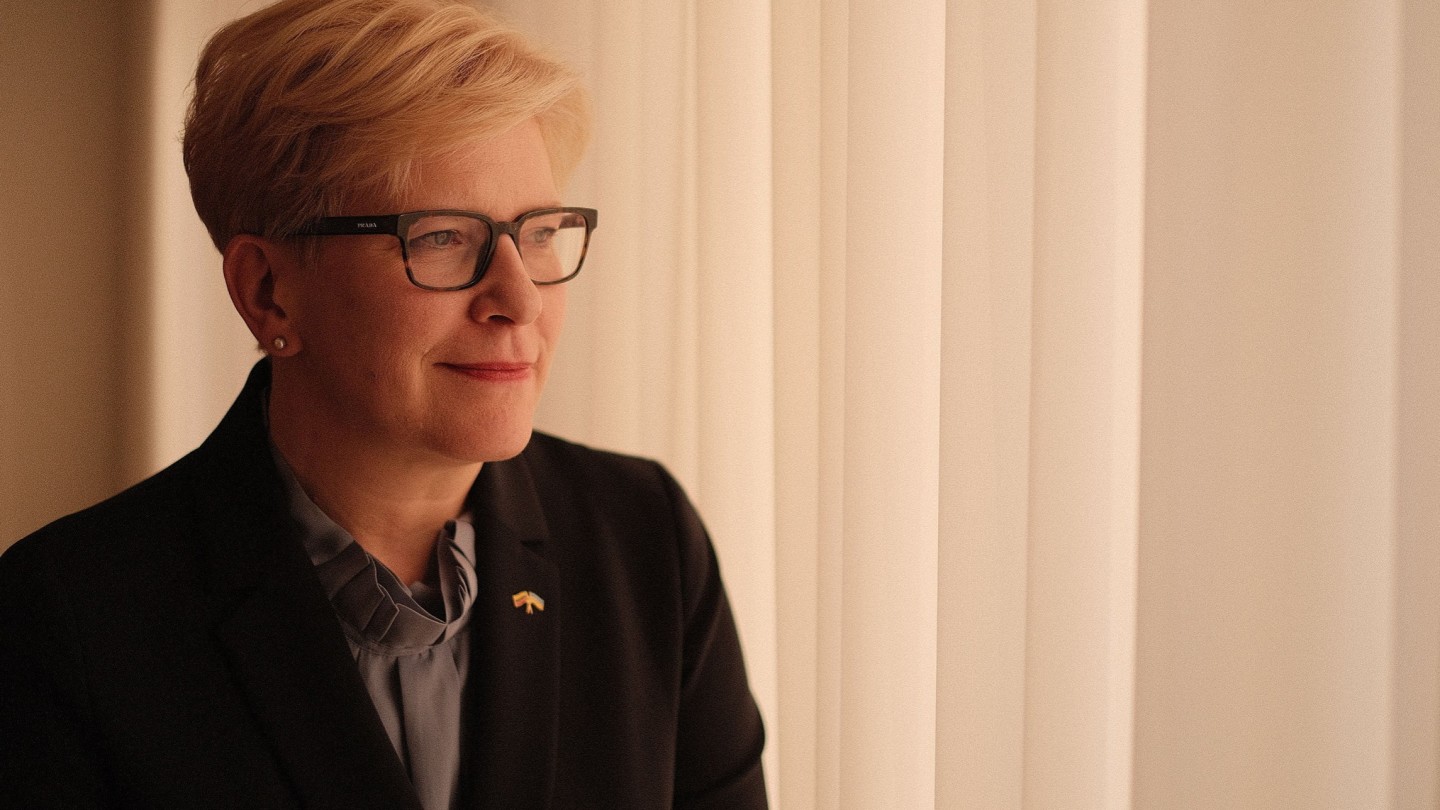
Simply sign up to the Geopolitics myFT Digest -- delivered directly to your inbox.
Lithuania, a country of just 2.8mn people, finds itself at the heart of the two biggest geopolitical stories of our age.
The Baltic country’s proximity to Russia makes its outspoken views on its former occupier understandable but, in recent years, Vilnius has also taken on China in many ways — big and small.
“There are days when I think Lithuania is the defender of the free world,” says one western diplomat, with a mixture of wonder and slight derision.
For policymakers in Vilnius, Lithuania’s capital, it is self-evident that their country would forcefully stand up for freedom and democracy. It is, after all, only three decades since Lithuania regained its own freedom, following 45 years of repression after its illegal annexation by the Soviet Union.
“None of the living generations in most of the western countries had to fight for their freedom,” says Ingrida Šimonytė, Lithuania’s prime minister. “For my country, and countries in the region, it’s different.
“We teenagers in the 1990s had to be outspoken. Leaders had to be uncomfortable to global leaders. We had to claw back our state from the Soviets. We know this is not [to be taken] for granted.”
That outspokenness has long distinguished Lithuania’s foreign policy, and discomforted some allies. “Lithuania are our noisy neighbours,” one senior Baltic politician said a decade ago. “Sometimes, I think they should shut up,”
For years, Vilnius’s loud warnings about Russia’s actions — especially after its incursions into Georgia in 2008 and Ukraine in 2014 — were dismissed by many other Europeans. Since president Vladimir Putin’s full-scale invasion of Ukraine in February, the tone has changed and many western leaders have admitted that they should have listened more.
Šimonytė, whom Lithuania is pushing as a candidate to become the next head of Nato, says there is no point in telling other countries they should have paid more attention to Vilnius. “People ask me: are you happy to be proved right about the situation?” she says. “If there is something where I would have loved to be wrong . . . It took a real war for quite a number of our colleagues to wake up to this reality.”
Now Lithuania is urging the west to stay the course and help Ukraine as much as possible. Lithuania borders both Russia, through its Kaliningrad semi-exclave, and Belarus. It is home to political exiles from both countries, including Belarusian opposition leader Sviatlana Tsikhanouskaya.
“If Ukraine doesn’t win, we might be the next ones,” says Margarita Šešelgytė, director of the Institute of International Relations and Political Science at Vilnius University. She adds that Lithuanians have been unsettled by war so close by: “If you talk to people, there is a lot of anxiety, fear.”
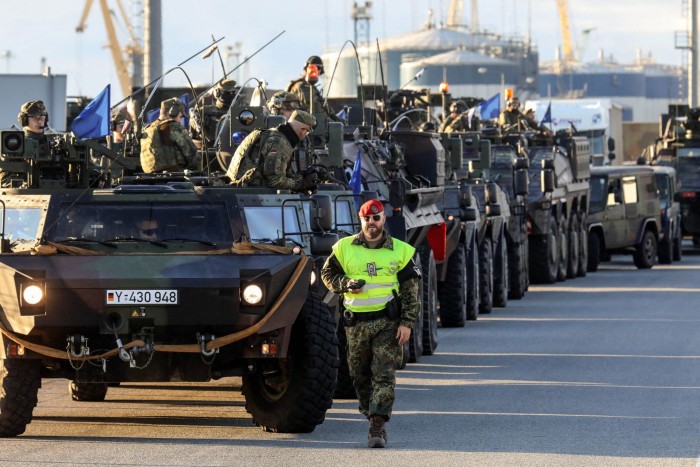
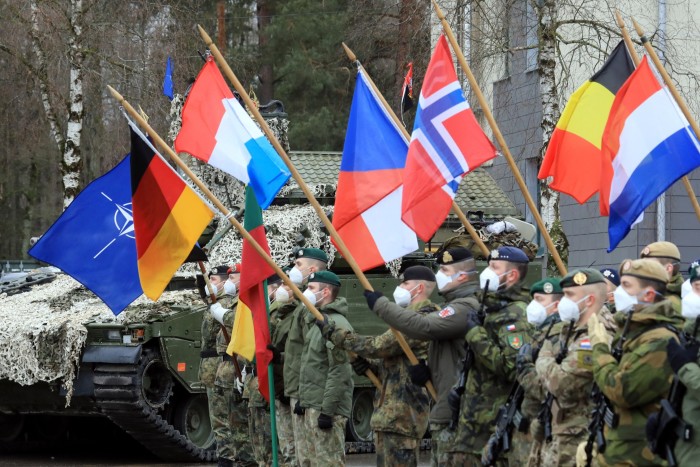
But there is also a paradoxical sense that, thanks to its position inside Nato and the EU, Lithuania has not been so safe for centuries. George W Bush, when US president, said in Vilnius in 2002: “Anyone who would choose Lithuania as an enemy has also made an enemy of the United States of America.”
Germany leads a multinational battalion of Nato troops in Lithuania, and officials in Vilnius are pushing Berlin to install a full brigade — three to five times more soldiers. Lithuanian policymakers stress that Finland’s and Sweden’s pending membership of Nato will further improve the region’s security.
However, the biggest stir that Lithuania caused recently in foreign policy circles was not over Russia but China. Lithuania became the first European country to have a Taiwanese Representative Office, using the name of Taiwan rather than the usual evasion of calling it after its capital Taipei.
This followed other moves that had annoyed Beijing, including withdrawing from the so-called 17+1 group that China used for meetings with central and eastern Europe, and calling China’s treatment of its Uyghur minority in Xinjiang “genocide”.
“It’s not just Lithuania versus Russia, or Lithuania versus China — it’s Lithuania standing up for a principle,” says Gabrielius Landsbergis, Lithuania’s foreign minister.
The decision to open the Taiwanese office is still hotly debated inside Lithuania. The opposition Social Democrats oppose the decision, but stop short of saying they would reverse it.
“Yes, we are vocal on China, but it has brought few gains for our national interest,” says Gintautas Paluckas, parliamentary leader of the Social Democrats. “We would like to draw a difference between Russia and China. Russia has gone.” He argues that keeping diplomacy as an option with China would be advisable.
Linas Linkevičius, Landsbergis’s predecessor as foreign minister, worries that Lithuania has overextended itself, particularly given Russia’s war with Ukraine. “We will never be silent but you can’t always be on the front lines,” he says. “You need to conserve your ammunition. We are not large and strong enough to fight on all fronts of the world. We can be brave, but for what?”
The government is defiant, though. Early worries over trade losses for Lithuanian business after China targeted its imports have largely disappeared, and Taiwan recently announced investments in both the laser and chip industries in the Baltic country. “That will calm down the criticism in society,” says Šešelgytė.
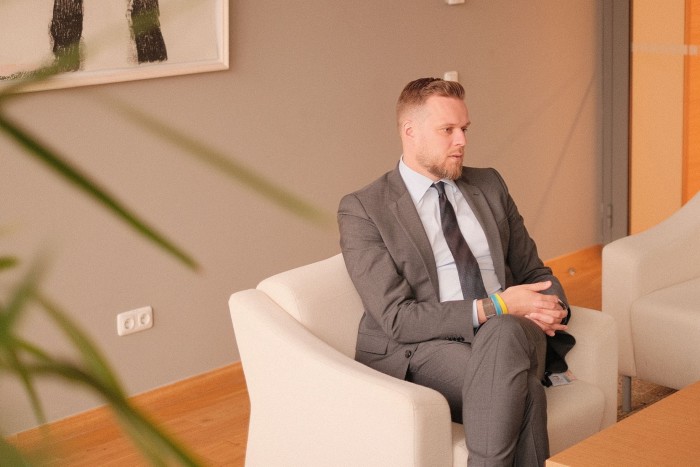
Landsbergis hints at a bigger agenda. He says the days of having only a “regional” focus are gone “when you depend on global powers for your security”.
Instead, he says: “We depend on the US for our security on this continent. It’s understandable that we have to calculate global security interests into our security interests. We need to show the US can depend on us.”
He turns Bush’s speech — the “most important” in Lithuania’s history — on its head. “My thinking is that we should be ready to return that phrase,” he says. “Whoever would choose the US as an enemy will get Lithuania as an enemy as well.”
That seems to be working as the US tries to pivot towards Asia, with diplomats saying Lithuania has risen up Washington’s priority list. Šešelgytė confirms this view: “Part of the rationale for our choice is support for the US policies towards China, and to be interesting to the US if it’s pivoting towards Asia,” she explains.
Lithuania’s strong stance on China is also a warning to other European countries to avoid making the same mistakes as they did over Russia — particularly, the idea that trade can help defuse geopolitical issues.
“We have built up a huge dependency on Russia and figuring out how to lessen that dependency is costing us a lot of money,” Landsbergis says. “I wouldn’t like to find ourselves in a similar situation some years in the future with a dependency on another country that shows an aggressive intention.”
Arguments like this have been dismissed as “moralising” by Germany and other European countries, which for now remain keen on pursuing a different policy on China. But Lithuanians are not afraid of sticking their necks out for causes they believe in.
They are also reassured by having been proved correct on Russia. Šimonytė says: “Ironically, for our country and our region, it is a period where we have good reasons to feel much safer than we used to feel 10 years ago, when countries were doubting that Russia is a real threat.”
She calls Finnish and Swedish Nato membership a “great achievement of Mr Putin” and hails continuing efforts by the military alliance to reinforce its eastern flank.
Lithuania’s prime minister concludes: “Despite the fact that there is a real war situation, I would say for us as a country the situation has changed a lot on the positive side.”
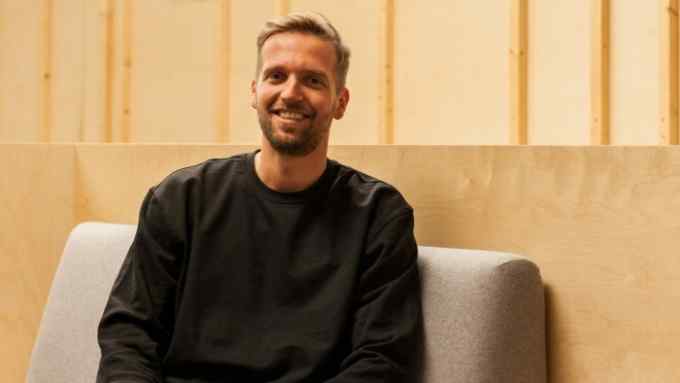
Comments